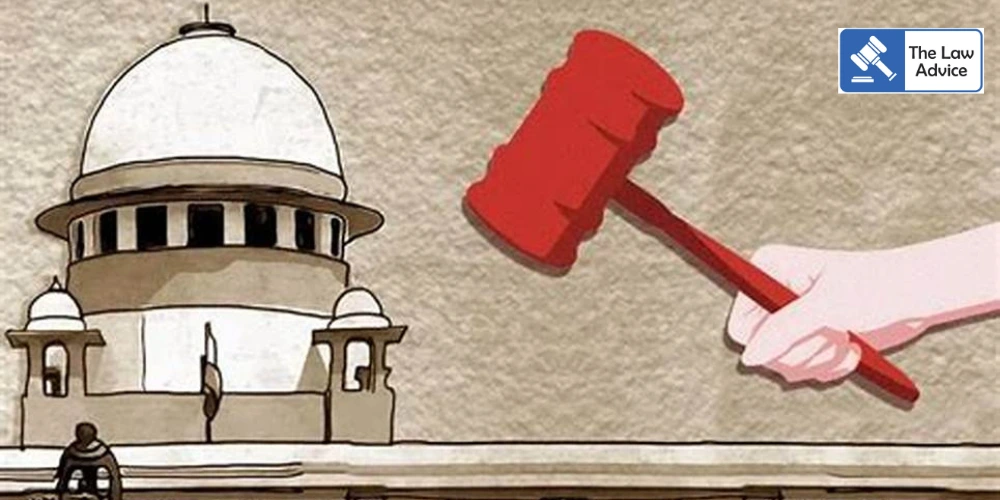15 July 2025 | New Delhi
In a key judgment clarifying the limits of preliminary objections in civil suits, the Supreme Court of India has held that the principle of res judicata cannot be invoked at the threshold to reject a plaint under Order VII Rule 11(d) of the Code of Civil Procedure (CPC). The Court emphasized that res judicata involves factual and legal issues that must be examined through a full-fledged trial, not at the stage of plaint rejection.
The ruling came in an appeal filed by a Tamil Nadu-based litigant whose civil suit had been dismissed prematurely by lower courts invoking res judicata.
The Legal Question
The central issue before the Court was whether a plaint based on allegations of fraud and misrepresentation in a previous proceeding could be dismissed outright under the guise of res judicata.
The trial court had accepted the defendant’s argument that the matter had already been settled in an earlier partition suit, and thus, the new suit was barred. The Madras High Court upheld this decision. However, the Supreme Court took a more cautious approach, warning against overuse of Order VII Rule 11(d) as a procedural shortcut.
Bench’s Reasoning
A bench of Justice P.S. Narasimha and Justice Joymalya Bagchi delivered the verdict, clarifying that Order VII Rule 11(d) allows rejection only if the bar to the suit is apparent from the plaint itself. The Court observed:
“Res judicata, by its very nature, is a mixed question of fact and law. It cannot be applied merely on pleadings without examining the records, issues framed, and findings in the prior suit.”
The bench noted that the appellant had specifically alleged fraud in obtaining the earlier decree, raising issues that necessitate evidence and adjudication.
What Is Res Judicata?
Res judicata is a doctrine that prevents re-litigation of issues already decided between the same parties in a prior suit. It promotes finality in litigation and judicial efficiency. However, it requires:
• Identity of parties
• Identity of subject matter
• A decision on merits
• Competent jurisdiction
The Court held that these elements cannot be established at the stage of plaint rejection without detailed examination.
Case Title Pandurangan v. T. Jayarama Chettiar & Anr.
